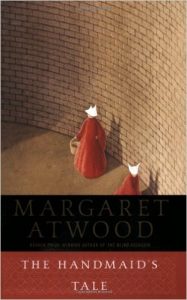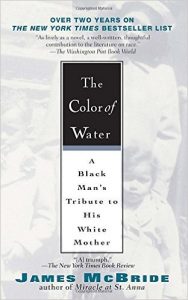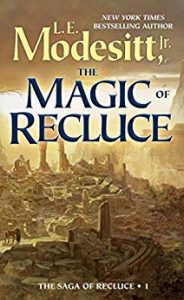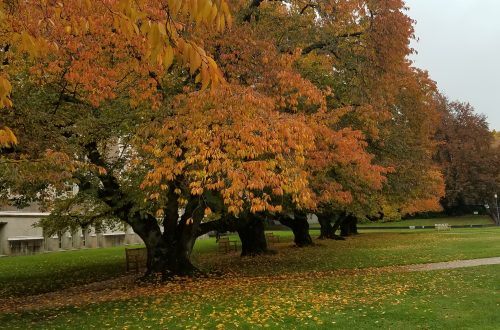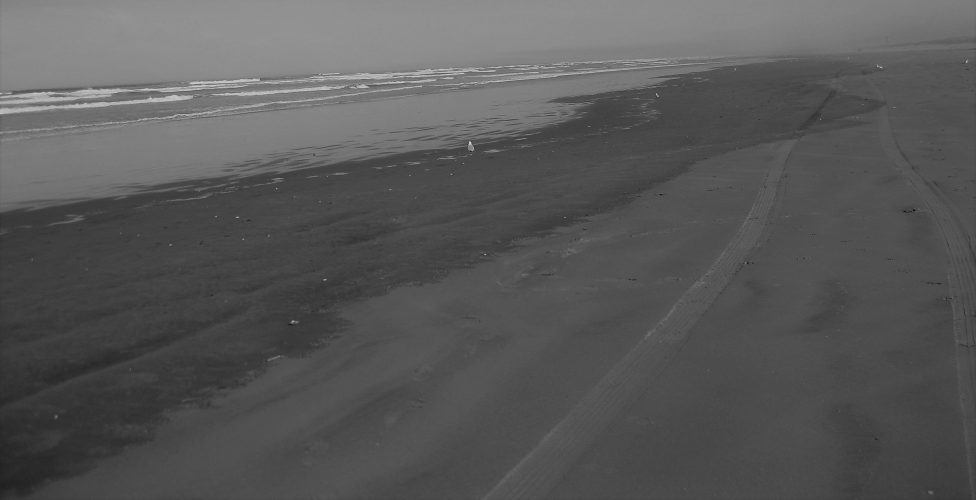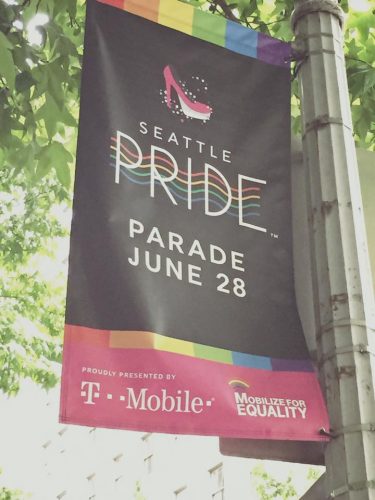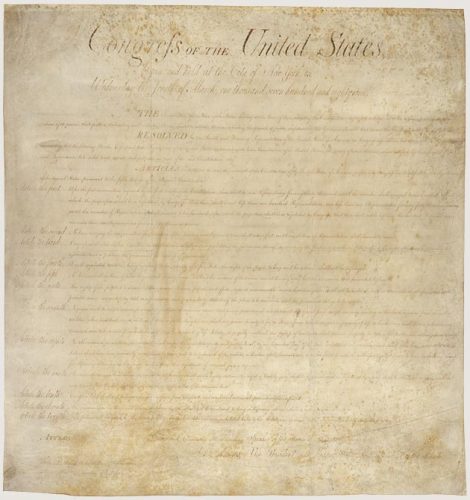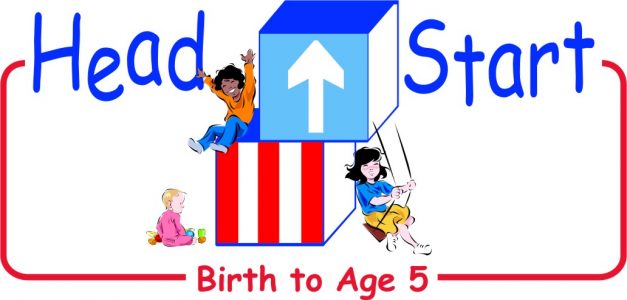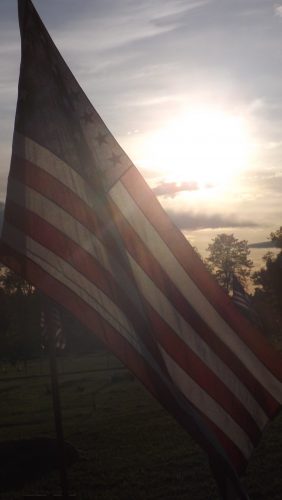Politics
-
Book Reaction: So You Want to Talk About Race by Ijeoma Oluo
The thing is, I do not want to talk about race. I want to talk about culture and heritage. I want to learn about the people around me. I want to connect over little things like strict mothers and escaping into books and being obsessed with horses. I want to learn about different traditions and celebrations. I want my country, its people and institutions, to recognize the harm that was done to black people by slavery, to Native people by land grabs, to Japanese people in internment camps. I want us to admit this. I want us to own this, to teach it to our children in all its awfulness…
-
Pandemic Diary, Day 131
Today marks my 90th day (does not include weekends or holidays) working from home. Back in March, I commented that I expected to be working from home for roughly 3 months. We are now at almost 4 months, with no real end in sight. Maybe in September I will be back in the office a day or two a week? If campus opens even partially for classes, that is a possibility, but cases are on the rise again, so maybe campus will not open. I do not know. I do not think if anyone really knows, or will know, until September. At the start of this, I had a very…
-
I am Tired.
I am tired. I am a middle-class, middle-aged, white woman with all the privilege that entails, and I am tired. So I can only imagine how bone-deep exhausted people of color must be. I am struggling with how to be an ally, when to say something and when to shut up and amplify others’ voices. When should I step in front and bear the brunt for those who will not survive it as well as I, and when should I be stepping back and be the support structure for others? But that’s an easy struggle compared with trying to figure out if someone is going to kill me for going…
-
Freedom of Speech
Amendment I Congress shall make no law respecting an establishment of religion, or prohibiting the free exercise thereof; or abridging the freedom of speech, or of the press; or the right of the people peaceably to assemble, and to petition the Government for a redress of grievances. Over on FaceBook, my feed has recently had a lot of talk about the First Amendment and freedom of speech and the right to peaceably assemble. (They are inextricably interwoven). There has been reference to a recent article which talks about how college students feel about freedom of speech, and whether certain types of speech should be protected. Unsurprisingly (at least to me), students who were members of…
-
College and University Funding Models part 3 – Return to the 70s
The second of my proposed funding models is also my preferred funding model, and in the end, the hardest one, in my opinion, to achieve. Because achieving it will take a whole lot more than the states just willing to throw more money at higher education. Honestly, I think the best funding model for state universities would be a return to the funding levels the states had in the 1970s. This was the time period when students could afford to pay for their tuition by working part time during the school year, maybe full time during the summer, at minimum wage jobs. Maybe they take out some small student loans…
-
Gratitude Journal #17
One of the problems with the long weekend is that, in my head, it is not just the weekend that is one day longer, but the week, too. This post should have gone up no later than yesterday, but yesterday, I still had one more day of the weekend to go, so in my head, I also had one more day to get this post up “on time”. What have I been grateful for this week? Sunny days? Retirement parties? Spending an evening babysitting my best friend’s little boy? All of those things, but they are not quite what is making the list today. Gratitude Entry #38 – Lazy Days…
-
College & University Funding Models part 2- Public Education
As mentioned last week, the first of the alternate funding models I live for universities is the public education option. First, let me be clear that I am only talking about public universities, those that are already funded via state budgets. Private and religious universities, like Harvard and Notre Dame would not fall under this, and would need to figure out their own new funding model, if it came to that. What are the benefits of the public education option? Well, that makes post-secondary education, up to the Bachelor’s degree level, free for everyone in the state, not just the economically disadvantaged. Because middle class families have difficulties paying for…
-
College and University Funding Models (part 1)
If you have been reading this blog and paying attention to the pictures I post, you have probably figured out that I work at a major public university in Washington state. In fact, I am a department administrator, meaning I handle finance and human resources for an academic unit at the University. It also means that University funding models are something I spend a lot of time thinking about. And not just me, at the professional conference I was at last week, one of our keynote talks was on the future of funding of public institutions of higher learning, and what models we might want to look at, as state…
-
Calculated Risks
Let me start by telling you a bit about myself that likely has not come up on this blog before– I am a confident, independent woman in my early 40s. I travel on my own. As an undergrad, I would walk across campus, after dark, by myself. Occasionally, I would walk home at night through an unlit park. When I worked swing shift, getting off work at 2am, I would walk home or to my friends’ house, by myself. I have walked a mile from a bar back to a hotel, after dark, in a city in a different country. I have always done what I want, and not allowed…
-
The Nationwide College Admissions Scam
I work in higher education, so naturally, I have been following the recent bombshell of the indictments in the nationwide college admissions scam. But let me be very clear, the bombshell, at least for me, is that people are actually being indicted and charged. The history of higher education in this country is not a history of meritocracy. It is a history of the haves over the have nots. College education is expensive, and not generally considered part of public education, because it originally was not something that most, or even many, people were expected to get, need, or even want. It was something for the idle rich, someplace for…

